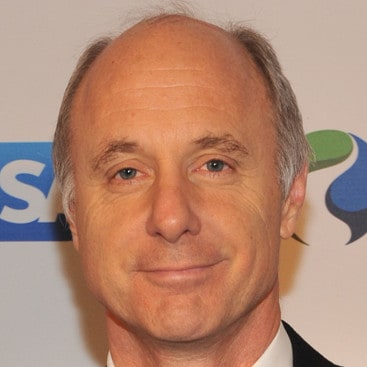It hurts every, single, time. An email lands with the name of a child, their age, their diagnosis, their condition. Treatment, Remission, Relapse. Deceased. Sometimes a photo – beautiful, loving eyes deep-sweet with life and its rich, exhilarating promise. And in those eyes, I see and feel the infinite warmth of their parents’ love and wonder. And often I just crack up.
And then, more often than not, I get angry. I get angry because of the pain they and their families endure, physically, mentally, socially and financially. I get angry because of the crushed innocence, the battered dreams, the broken futures.
And above all I get angry because it didn’t have to be like this. Because we were betrayed by those we trusted. Because we trusted.
We trusted – many of us, including myself, mindlessly, even carelessly – in our corporations and in our governments to do their level, human best to protect us. To protect us from a disease that we never knew was overwhelmingly preventable because… they never told us.
We trusted in the leaders of our corporations and of our governments to place our children’s health before profit.
We trusted in our society to shield us from being poisoned. Poisoned by toxicants in certain pesticides, baby bottles, furniture coverings, sports turf, cosmetics – the list goes on – and industrial and waste emissions. And in the wake of successive scandals – a total of 26 pharmaceutical companies have paid fines of at least $33 billion for a range of malpractices in the USA alone since 2003 – can we even be sure the very pharmaceutical products we depend on are not also playing some role in the deterioration of childhood health more generally?
And what are we to make of the fact that when the US President’s Cancer Panel issued a groundbreaking report in 2010 (Reducing Environmental Cancer Risk: What We Can Do Now) stating “the true burden of environmentally induced cancer has been grossly underestimated”, the American Cancer Society warned, mealy-mouthed, that it could divert the general public… from improving their diets, from taking more exercise and from quitting smoking?
As Dr Margaret Kripke, former chief scientific officer at University of Texas – MD Anderson and one of the panelists who co-wrote that report, said in September’s Childhood Cancer Prevention Report: “When I think of what my life was like growing up versus what it is now, the differences are very striking.
“We didn’t have an exterminator, we didn’t have herbicides for use in the garden. We didn’t have non-stick pans or plastics enveloping all of our food products. Infants do not smoke, drink alcohol or have stressful jobs. Is the rise in children’s cancers related to the ocean of chemicals in which we now live?”
It is hard to answer Dr Kripke’s question precisely, because out of the 85,000 synthetic chemicals introduced since the 1940s, only a handful have been tested for toxicity. The burden of proof was not on the manufacturers to prove their safety but on the Environmental Protection Agency to prove their harm.
And who is the EPA’s outgoing administrator, Andrew Wheeler? A coal industry lobbyist who has rolled back curbs on air pollution, advocated for prohibiting the EPA from using studies that do not make raw data publicly available (potentially impacting TheReasonsWhy.Us), and tried to cut back the animal testing so fundamental to toxicity research.
As part of her own hunt for answers, Dr Kripke has joined the Scientific Advisory Panel of TheReasonsWhy.Us. As our families grow from the hundreds into the thousands we aim for, the resulting “big” data will become ever more statistically significant. Critical environmental risk factors behind our soaring pediatric cancer rate will be teased out. Papers will be published. Corporations, regulators and legislators will, we hope, be forced to act.
At the same time, I know it will become ever harder to find the mental and emotional time and space to connect with each and every email announcing a new family. But I will do my best. And at a time of year sacred for multiple spiritual traditions, I will leave it to Pope Francis reflecting on 2020 to inspire and move many of us from anger to courage to hope:
“I see an overflow of mercy spilling out in our midst. Hearts have been tested. The crisis has called forth in some a new courage and compassion. Some have been sifted and have responded with the desire to reimagine our world; others have come to the aid of those in need in concrete ways that can transform our neighbor’s suffering.
“That fills me with hope that we might come out of this crisis better. But we have to see clearly, choose well, and act right.
“Let us dare to dream.”
Let us dream of a future where our children and families are protected from cancer-causing toxicants. By trusting each other, we can generate the research and advocacy necessary to reimagine and reconstitute our world.

